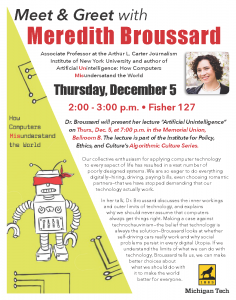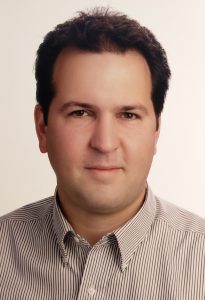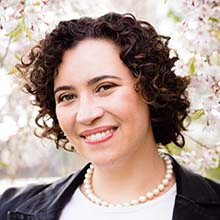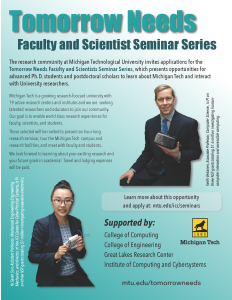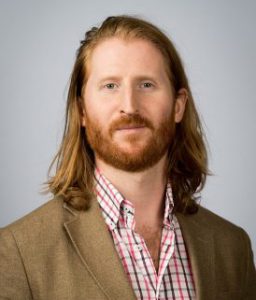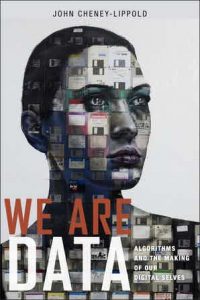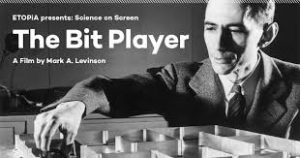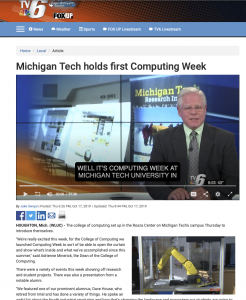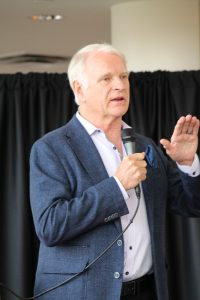by Research Development Office
All Michigan Tech researchers are invited to participate in the 2020 Research Development Day at Michigan Tech. The event will be held Thursday, Jan. 9. The content of the 2020 event is new and designed for both new and returning attendees.
Multiple sessions are planned for faculty at all career stages and from all disciplines. Research staff and post-docs from any discipline are also likely to find sessions of interest. We are excited to welcome Jose Fuentes as our keynote speaker.
Fuentes is an experienced faculty researcher at Penn State, with a significant track record of international work and broad research impact. As in previous years, we will end the day with research recognitions, celebrating accomplishments from across the university over the past year, followed by a networking social.
A condensed agenda is found on the reservation form. Your RSVP is requested by Jan. 3 to finalize meal counts and room arrangements. If your schedule does not permit you to attend the full day, the RSVP allows you to sign up for morning, lunch, and/or afternoon sessions.
The RSVP form should take only a minute or two to complete. A reminder and final agenda will be sent in the new year. Please contact rd-l@mtu.edu with any questions.
